Liparo
It is in Greece, in the small Macedonian village where he was born, that Petros Efstathiadis strives to photograph a country undergoing vast transformation, through the prism of this microcosm. There, “not a hint of an ancient arcade... not a single silhouette of a white, limestone-clad house,” but instead portraits taken in front of plastic tarpaulins, constructions consisting of this and that, and figures swathed in mysterious costumes whose faces we cannot see. Inspired by the photographs taken by Walker Evans during the Great Depression, in which he perceives a true contemporaneity, Efstathiadis aims to convey the traumas of his homeland. He has thus set himself rules governing his creative process: not to photograph certain kinds of objects, certain places, with a certain degree of detail; to leave in raw materials; and to rely on his instincts. The photographer therefore reassembles disparate objects, destined for the scrap heap or found in the villagers’ backyards. Objects that tell a story heard or lived, in this small village in a country in crisis, and that open up an interlude into a fictive and symbolic world.
Petros Efstathiadis
Liparo
It is in Greece, in the small Macedonian village where he was born, that Petros Efstathiadis strives to photograph a country undergoing vast transformation, through the prism of this microcosm. There, “not a hint of an ancient arcade... not a single silhouette of a white, limestone-clad house,” but instead portraits taken in front of plastic tarpaulins, constructions consisting of this and that, and figures swathed in mysterious costumes whose faces we cannot see. Inspired by the photographs taken by Walker Evans during the Great Depression, in which he perceives a true contemporaneity, Efstathiadis aims to convey the traumas of his homeland. He has thus set himself rules governing his creative process: not to photograph certain kinds of objects, certain places, with a certain degree of detail; to leave in raw materials; and to rely on his instincts. The photographer therefore reassembles disparate objects, destined for the scrap heap or found in the villagers’ backyards. Objects that tell a story heard or lived, in this small village in a country in crisis, and that open up an interlude into a fictive and symbolic world.
Collection HSBC Prize for Photography
Hardcover
19 x 24 cm
108 pages
60 photographs
Text
Raphaëlle Stopin
Collection directed by Christian Caujolle


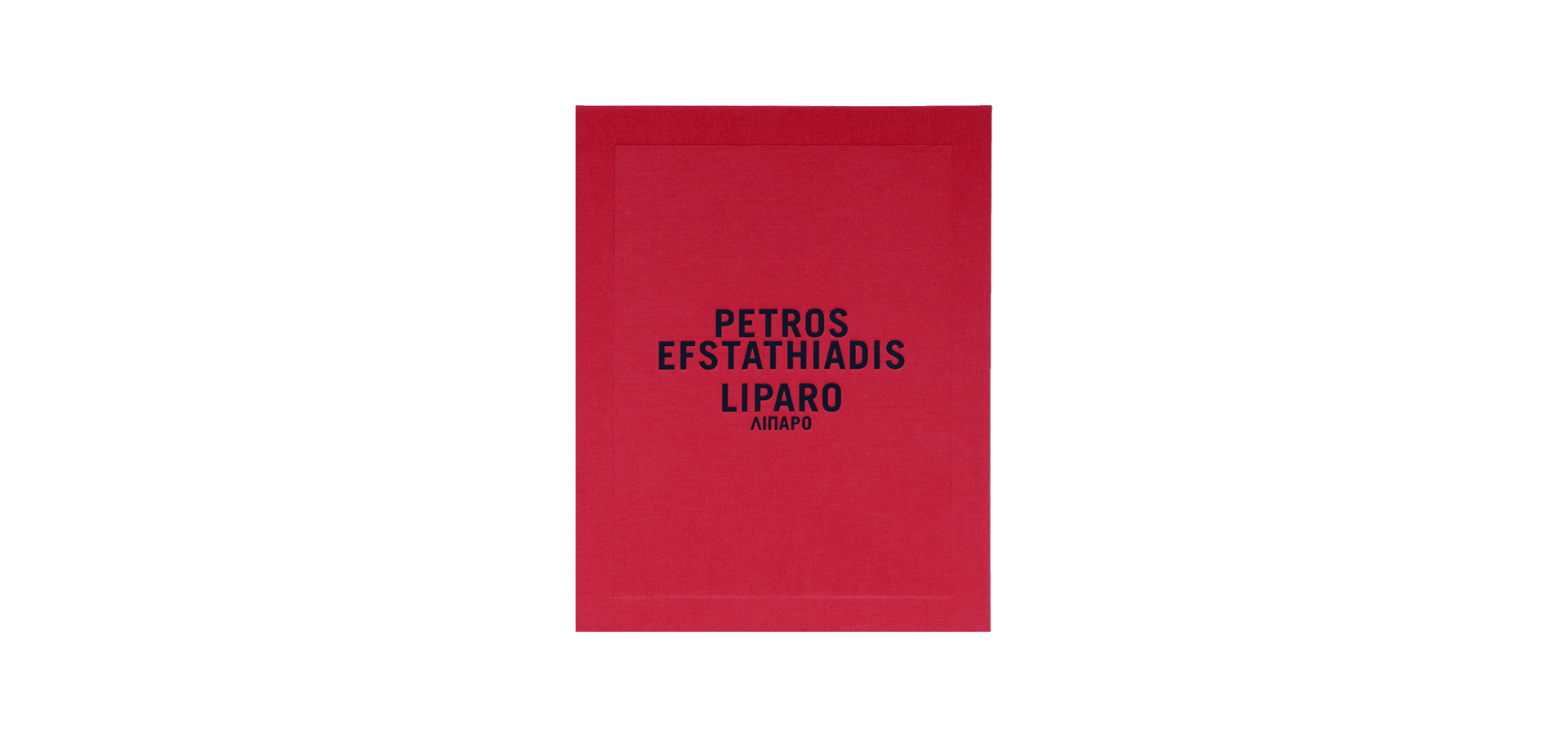
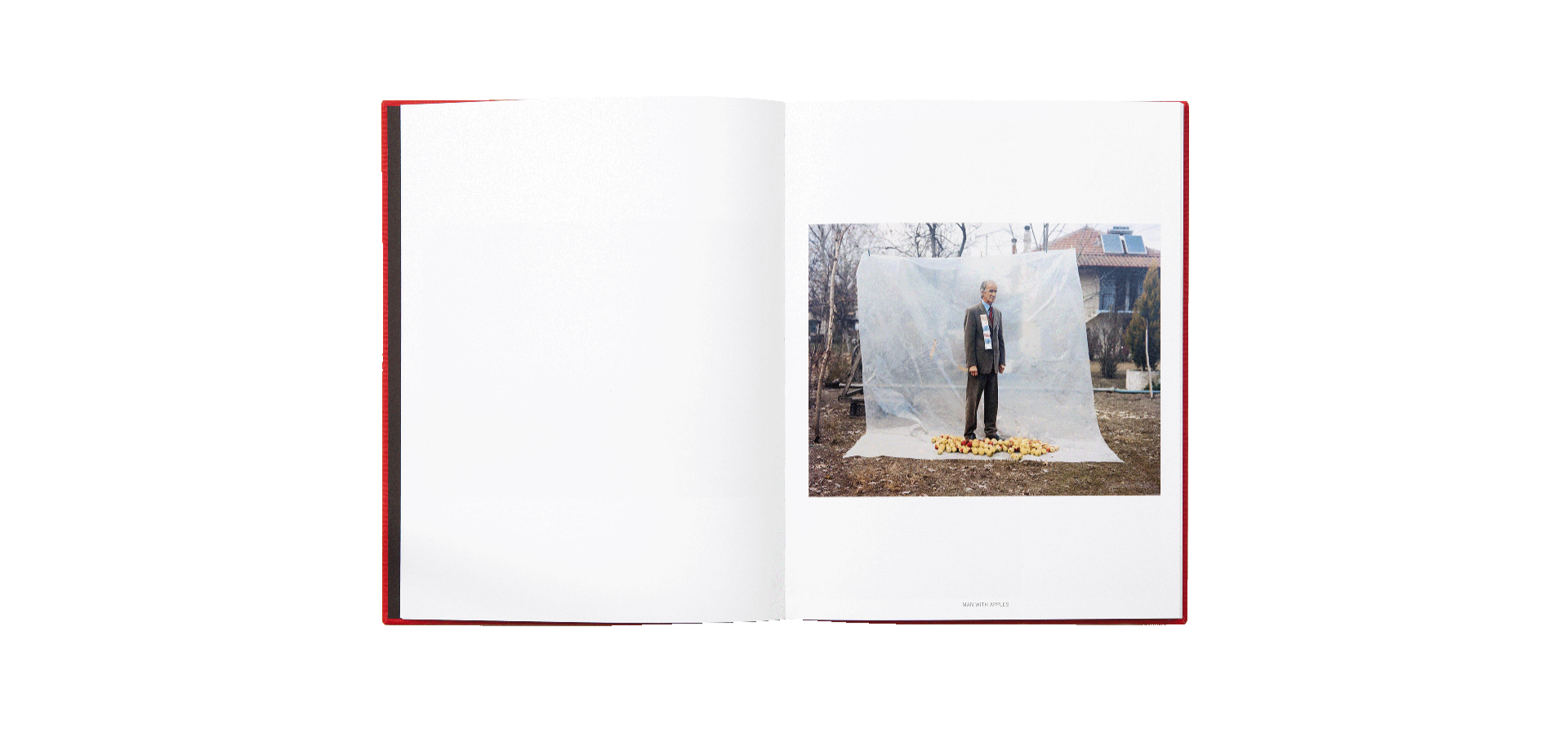


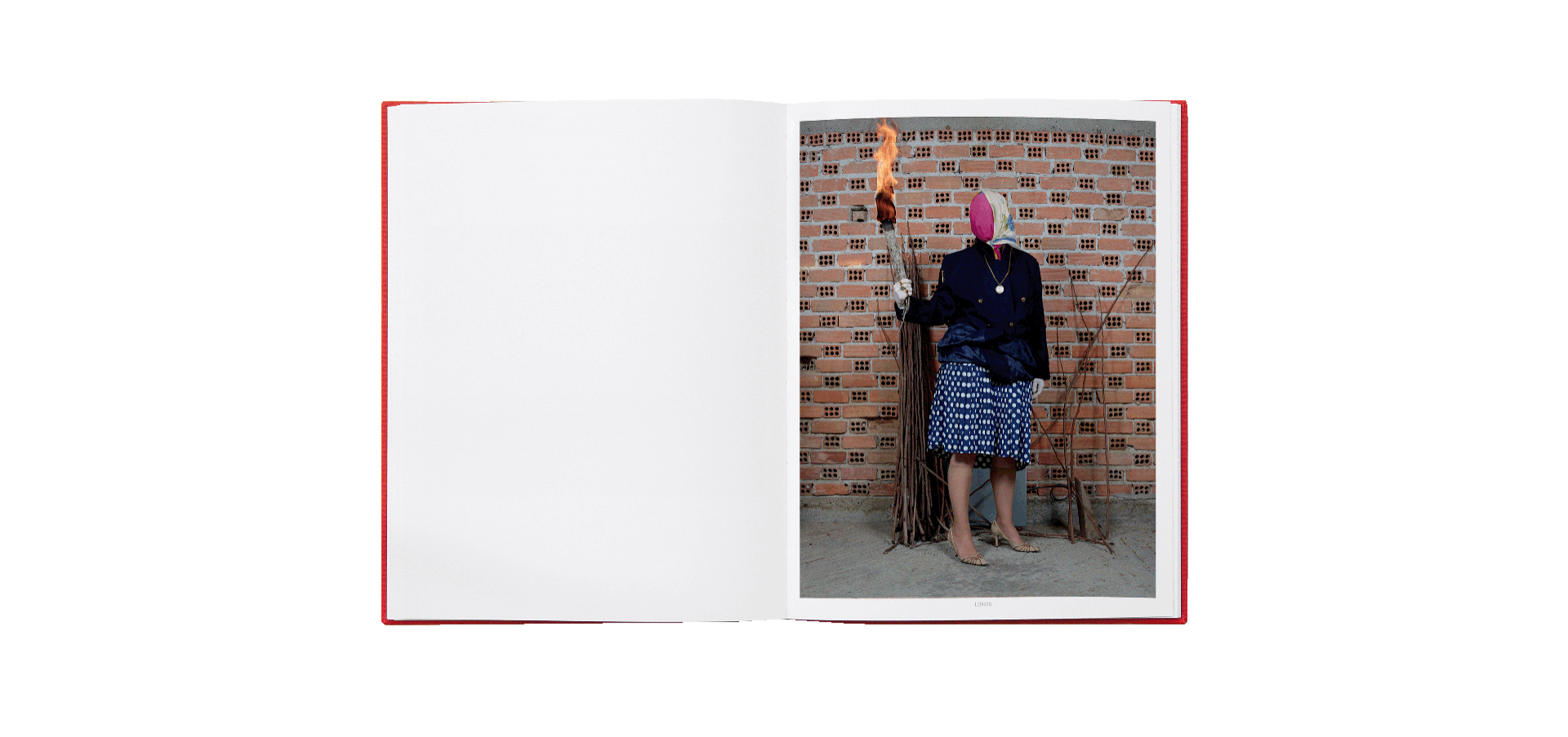

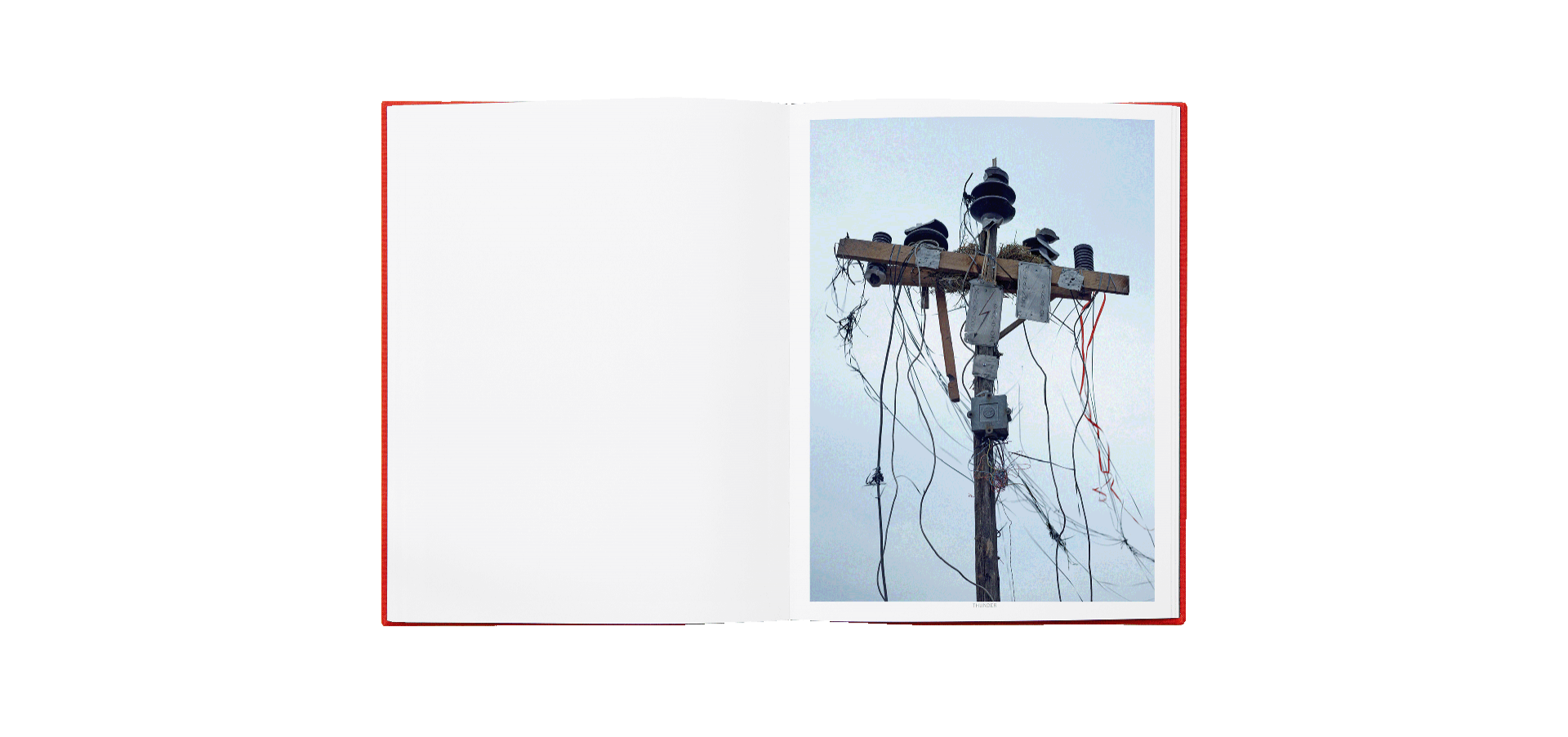
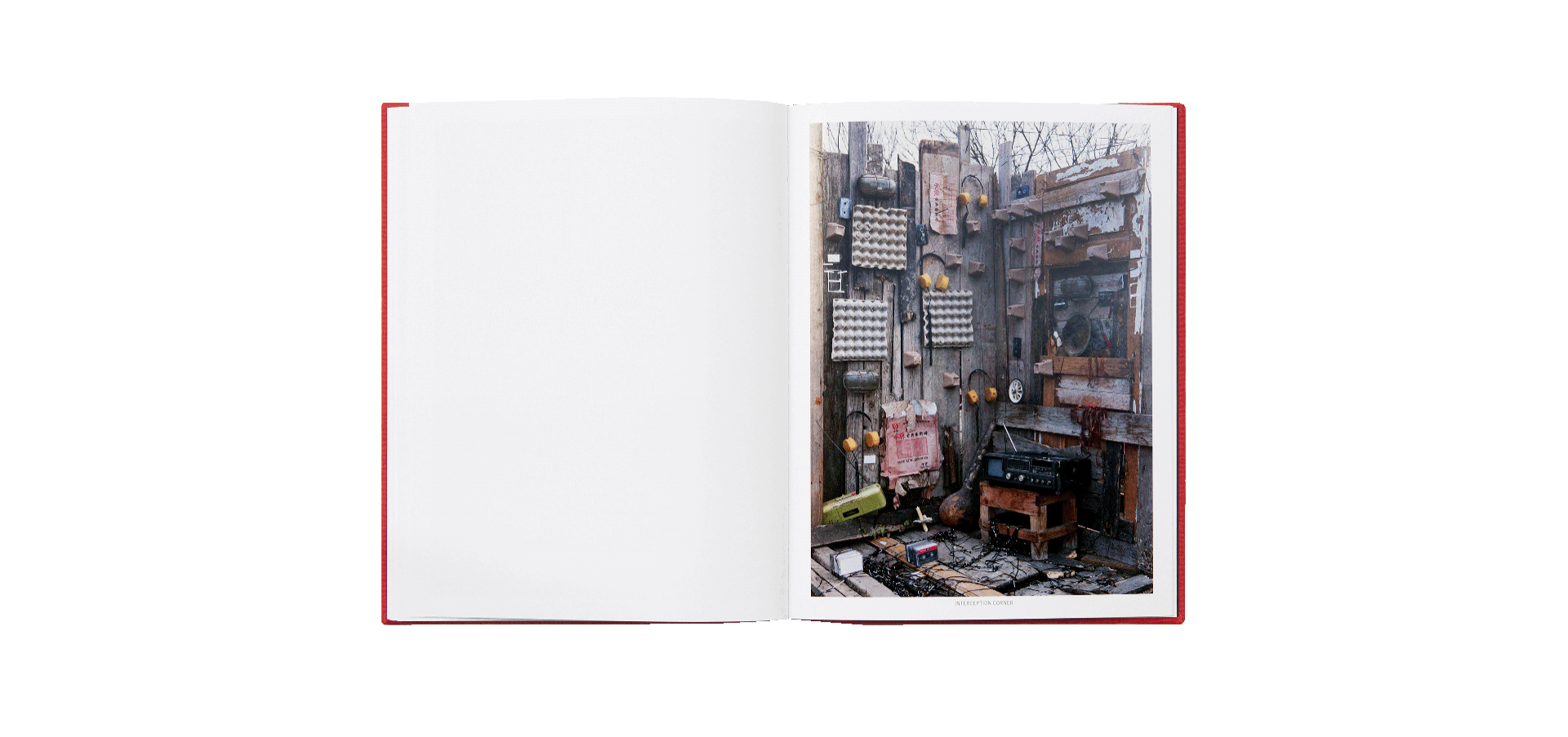
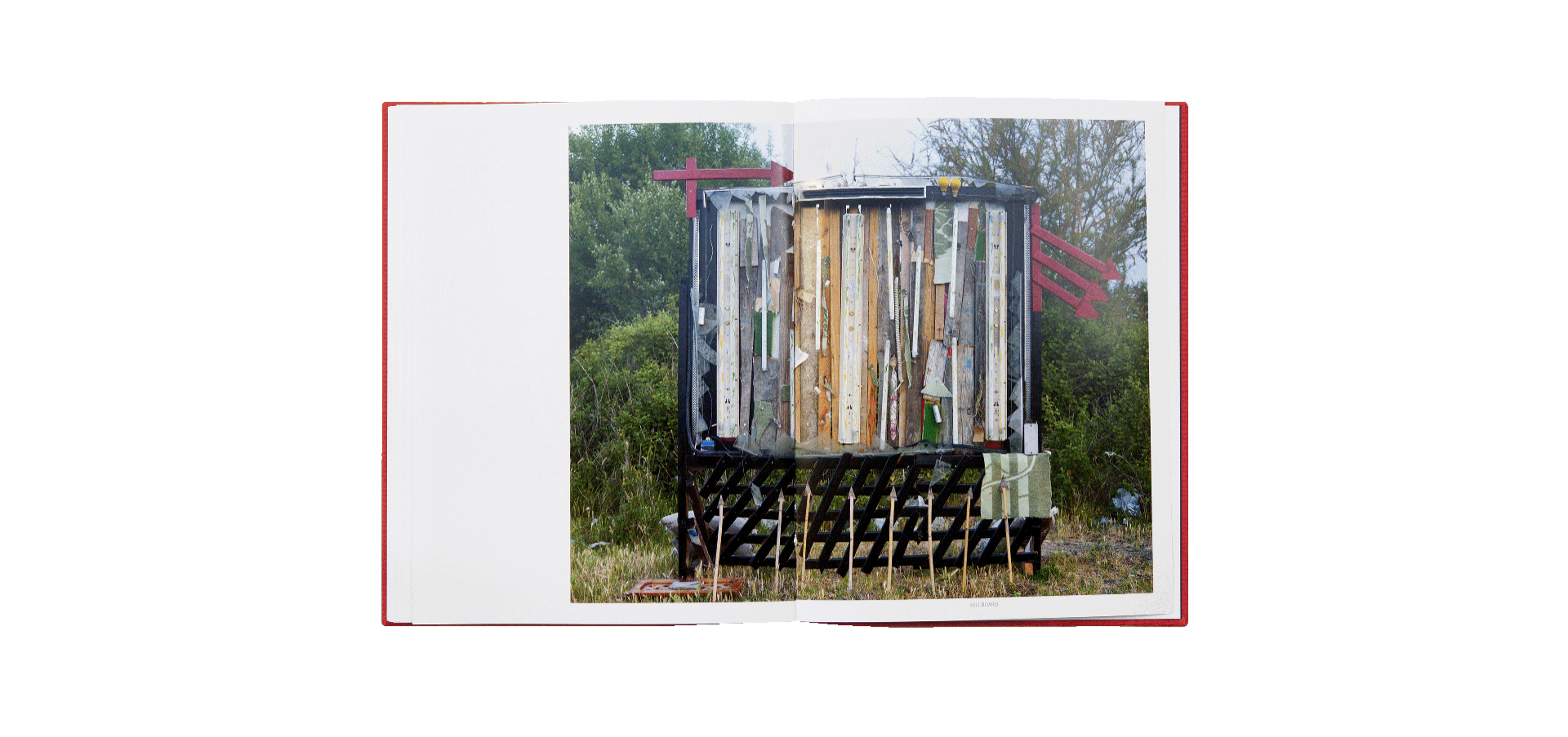
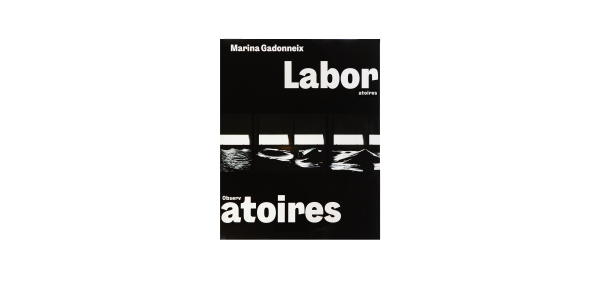
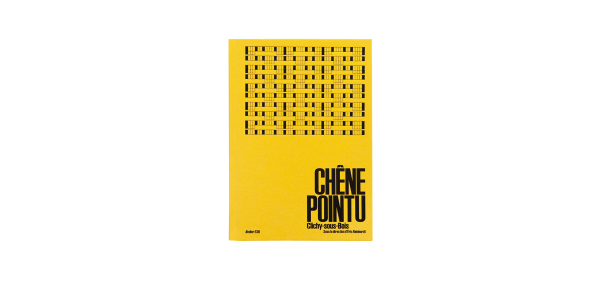
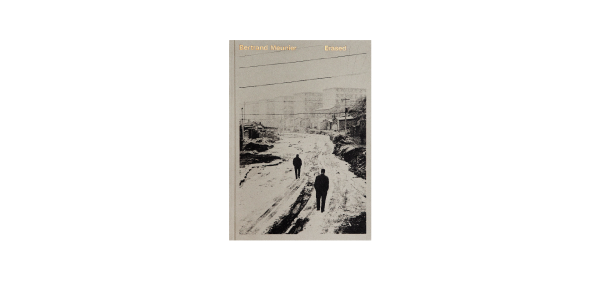
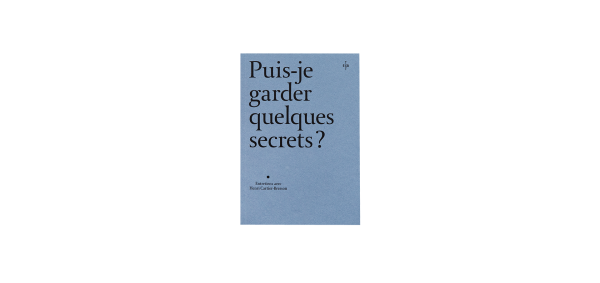
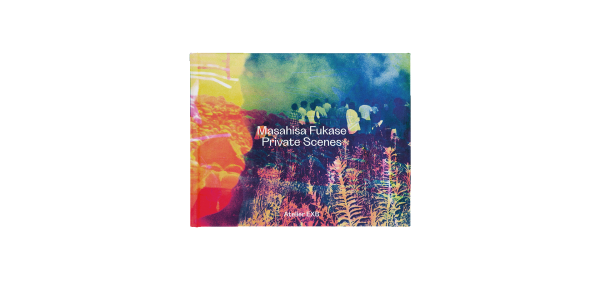
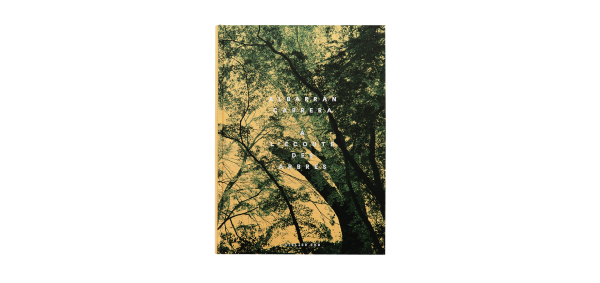
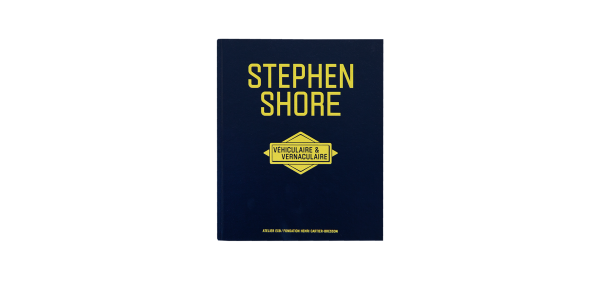
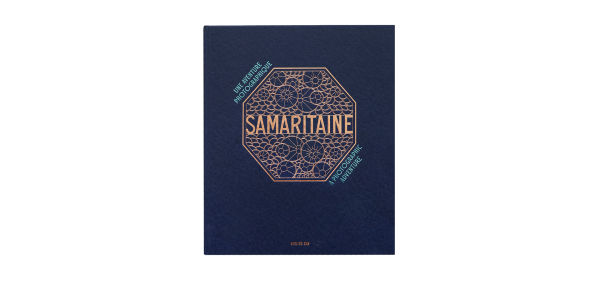
 see the whole catalog
see the whole catalog